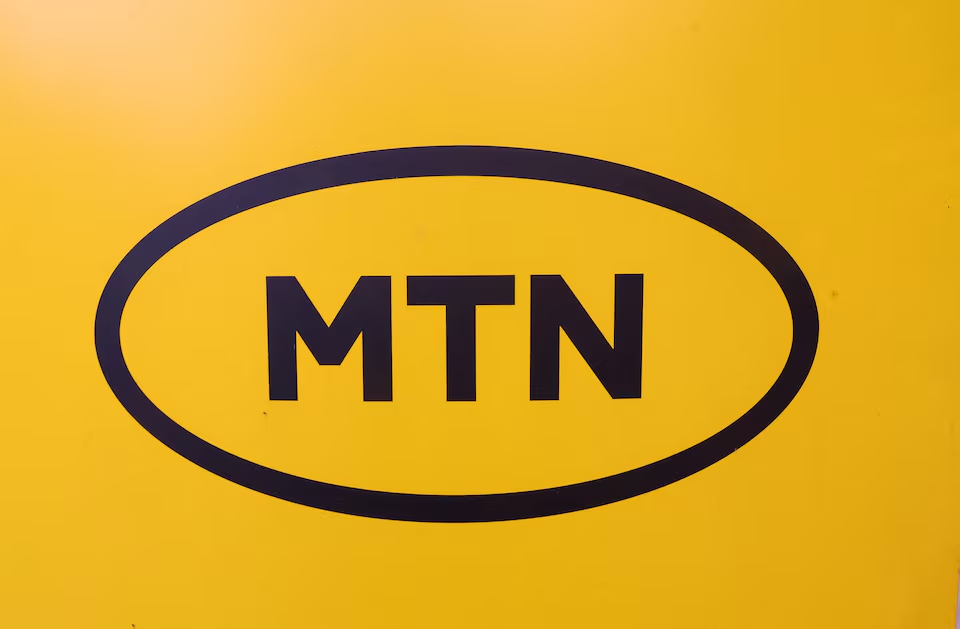Broadband adoption remains limited in Africa. For example, approximately 73% of the population in sub-Saharan Africa does not use mobile internet.
The International Telecommunication Union (ITU) has announced the implementation of its Africa-BB-Maps project, in partnership with the European Union Commission. The initiative aims to identify broadband gaps on the continent in order to address them more effectively.
“Broadband mapping, combined with modern geographic information systems (GIS) and their practical expertise, makes it possible to effectively identify areas of insufficient connectivity, plan network expansion to the most critical areas, and support decision-making based on evidence-based models,” explains the ITU.
This regional event on national broadband mapping systems in Africa was held on March 26-27, 2025, in Abidjan, Côte d’Ivoire. This comes after an initial announcement on the sidelines of the ITU Global Symposium for Regulators 2024, held in Kampala, Uganda.
In addition to these countries, the project currently involves nine other African countries: Benin, Botswana, Burundi, Ethiopia, Kenya, Malawi, Nigeria, Zambia, and Zimbabwe. A budget of 15 million euros ($16.2 million) over four years has been set aside for the initiative.
This initiative comes as we approach the deadline set by African governments in the “African Union Digital Transformation Strategy for Africa 2020-2030” to ensure near-universal broadband connectivity across the continent. Currently, approximately 320 million people, representing 27% of the population in sub-Saharan Africa, are connected to the mobile internet, according to the Global Association of Mobile Phone Operators (GSMA). Of the 870 million people who are not yet using this technology, 160 million are not covered by a mobile broadband network at all.
Although this project has the potential to promote broadband adoption in Africa, it remains limited for the time being to around ten countries, on a continent that has more than 50. To date, the ITU and the EU Commission have not specified whether its deployment will be extended to other countries in the future.
Source: Extensia




